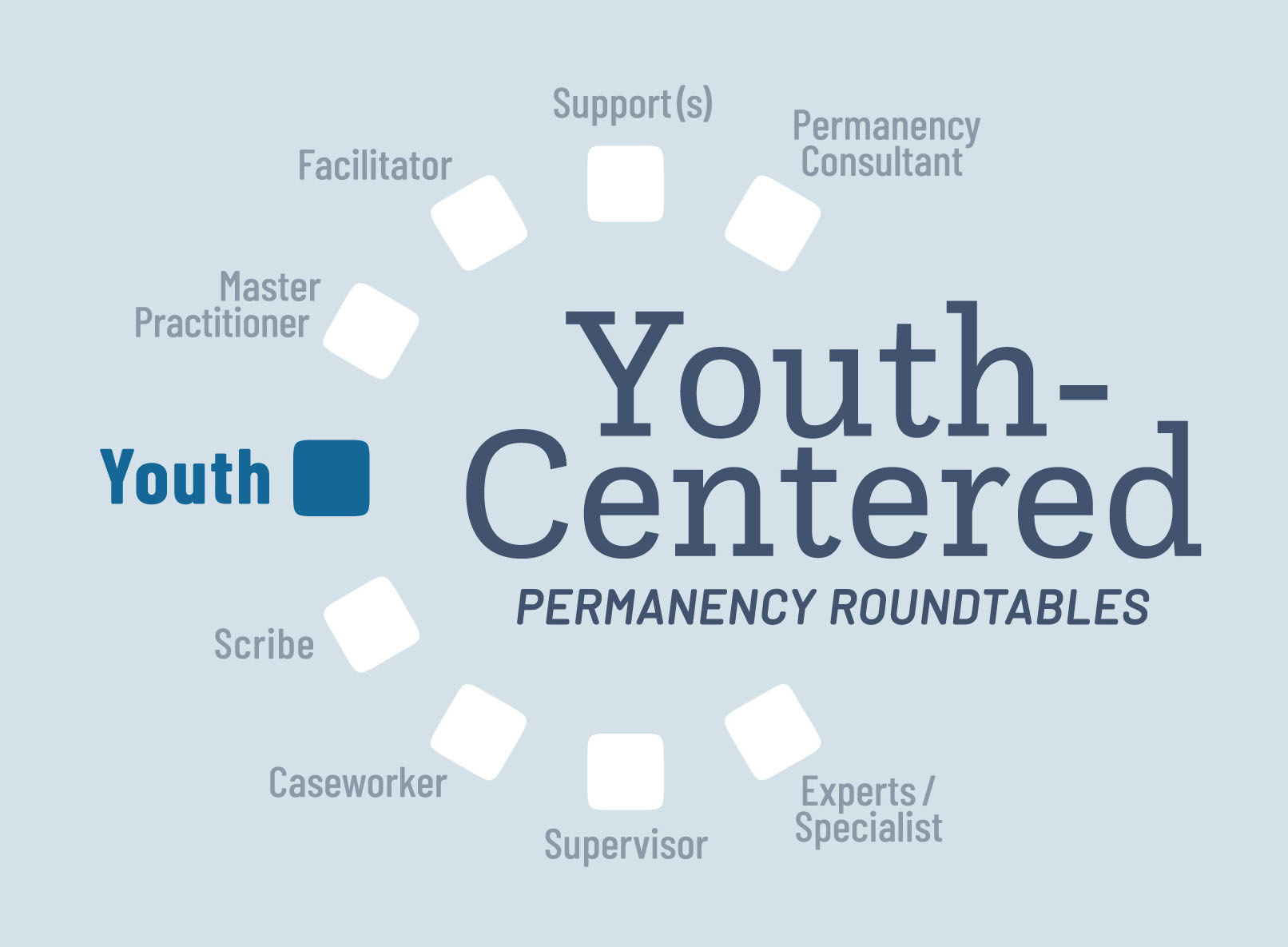We are collecting impact stories about roundtables in your county.
Team Roles

The YCPRT Team is made up of a group of experts and professionals, in addition to the Roundtable Coordinator, who oversees the process. More details about these positions can be found below:
YCPRT
Coordinator
The Coordinator runs youth eligibility reports, schedules PRTs and YCPRTs, and communicates with the YCPRT Team to ensure meetings are coordinated in the best way possible. Coordination responsibilities should be thoroughly discussed to memorialize processes related to eligibility pulling, securing room/meeting locations, and attendee notifications.
External
Permanency
Consultant
This role is filled by an individual willing to participate and provide consultation from outside the agency. Many different creative external professionals can fill this role; examples include but are not limited to Guardian Ad Litems, CASA’s, private providers, external peers from other counties, teachers, Mental Health Clinicians, Retired Social Services Workers, etc. The external consultant needs to be “external” in an effort to provide unbiased perspectives and ask questions/give recommendations that agency team members may not always be able or comfortable to do. External Consultants cannot hold another role with the youth (ie: the youth’s Wendy’s Worker or their actual assigned teacher at school). This role does necessitate some knowledge sharing prior to serving.
Support(s)
There will be times when the primary facilitator is unavailable to conduct meetings. A back-up facilitator must be identified to ensure that the primary facilitator’s unavailability, whether planned or unplanned, does not impact the youth’s meeting. Filling the back-up facilitator role will help medicate the cancelling of meetings based on agency circumstances. The identified facilitator(s) is required to attend the YCPRT Skills Training.
Facilitator
This role can be filled by an actual agency facilitator or by any individual who completes the YCPRT training (ie: an assessment worker, a placement supervisor, a CQI program evaluator). Aside from the youth, this is the most critical role. Their skillset should continually be assessed and developed. This individual is responsible for keeping the process on track and making sure the meeting objectives are met. They should facilitate communication and cooperation among participants making sure the youth voice is the priority of the meeting.
Master
Practitioner
This role is great for a person of upper leadership because of their ability to provide internal consultation and permission. This role should be filled by permanency champions that are comfortable with challenging status quo. Master Practitioners should push teams to achieve goals and help create a safe, permanency focused environment for the youth and their support persons. This role should have the authority to make decisions and give permission for the team to move out-of-the box ideas forward without hindrance. When possible, the master practitioner should not be the direct superior to the facilitator.
Scribe
This is a great role to be filled by ANY staff member (ie: a front desk staff, record manager, ongoing workers, transporters, intake worker, etc.). Some counties also choose to have a senior director or deputy director serve for one case at a time. The scribe role is an opportunity for engagement of all staff throughout the agency regardless of their professional role. This individual will be recording the process on the Permanency Roundtable Guide and Action Plan Form. Synthesizing discussions points into action steps and plans contributes to individual meeting experiences as well as youth and support person involvement, group dynamics, and overall program goals. The scribe is an active role in the meeting. They are not limited to just recording the meeting’s activities. They should contribute to the meeting in a meaningful manner.
Supervisor
The assigned primary supervisor for the youth. Their role is that of a support to the caseworker and the youth. The supervisor should help to provide a summary of the case, supplemental information, responses to questions as well as provide assistance in developing action steps, new ideas, and accountability.
